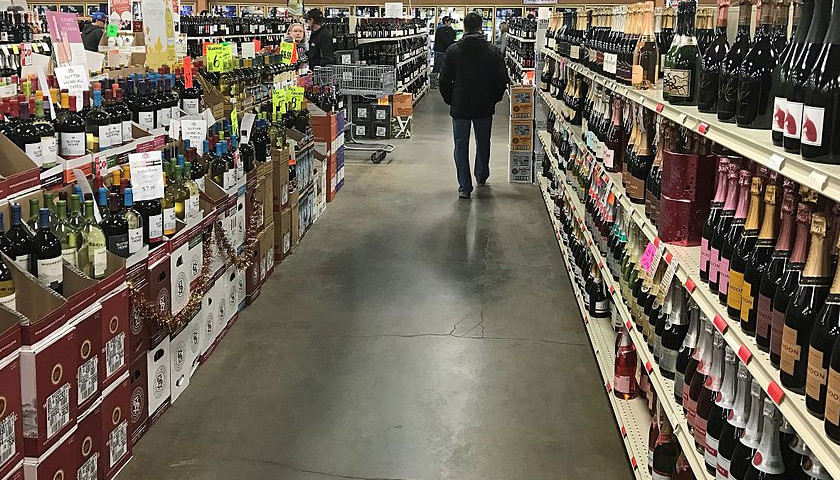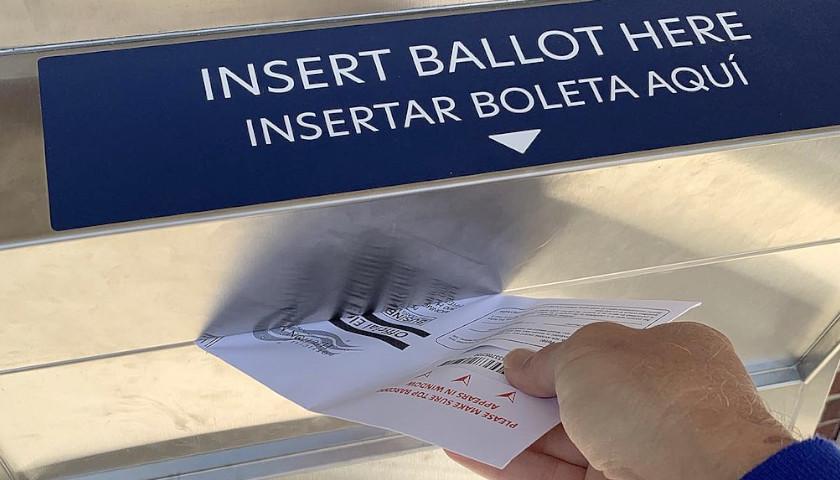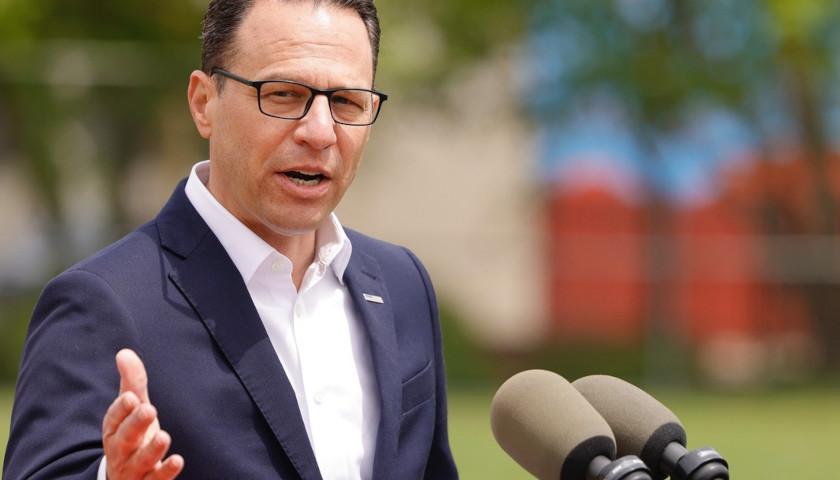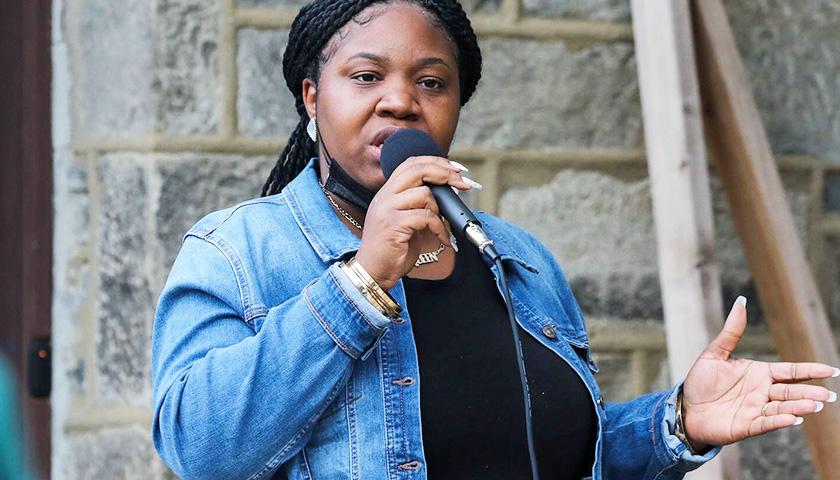Pennsylvania’s House of Representatives Liquor Control Committee this week passed legislation to privatize liquor sales.
While the Republican-run General Assembly passed and Governor Tom Wolf (D) signed a 2016 measure allowing grocery stores to sell wine and liberalizing some other alcoholic-beverage regulations, the Keystone State remains among the most tightly controlled in terms of liquor distribution. The commonwealth owns 600 “Fine Wine & Good Spirits” stores which have sole permission to sell both wine and hard liquor; only Utah’s system is equally monopolistic.
In January, State Representative Natalie Mihalek (R-Pittsburgh) introduced an amendment to the Pennsylvania Constitution to privatize the state-run liquor stores. Republican lawmakers have pushed for privatization for many years but have garnered no support among their Democratic colleagues.
This is despite privatization’s popularity among Pennsylvanians of varied political stripes. While right-leaning voters support the idea most enthusiastically, the leftist Philadelphia Inquirer and Philadelphia Daily News both have editorialized that the commonwealth should relinquish control.
And this spring, a Franklin & Marshall College Poll found that 52 percent of registered voters want distribution turned over to the private sector. Among conservatives, that support reaches 61 percent in favor versus 28 percent against; yet a 46-percent plurality of liberals said they back privatization versus 35 percent who said they oppose it.
One major reason Democratic legislators refuse to support modernizing the liquor system: opposition from unions including, most prominently, the United Food & Commercial Workers Local 1776, which represents about 3,500 employees of the commonwealth’s liquor-sales establishments.
While the labor interests backing the status quo boast that the Pennsylvania Liquor Control Board (PLCB) which runs the state stores generates a profit for the state, totaling $270 million last year, the PLCB’s latest annual fiscal analysis – factoring in all assets and liabilities – reported a $1.3 billion deficit.
After the Liquor Control Committee passed Mihalek’s legislation, Chairman Carl Metzgar (R-Somerset) touted what he anticipates will be lower costs and broader choice for consumers, should the law go into effect.
“In Pennsylvania, the government is both the seller and the regulator of alcohol – this is an obvious conflict of interest,” Metzgar said. “Only Pennsylvania and Utah practice full government control of the system and that system is broken. It is time to move forward, and this bill gives the voters the opportunity to make that happen. Consumers should not have to suffer high prices and poor availability because the government is doing what private enterprise would do better.”
The proposed constitutional amendment now awaits consideration by the full House. For hope of enactment, it will need to pass that chamber and the state Senate and then pass both chambers in identical form in the next legislative session which begins in January. If the measure clears all those hurdles, it will go before Pennsylvania voters as a ballot question and require their majority support in order to go into effect.
“I would like to thank Representative Natalie Mihalek for her hard work in leading the charge on this critical issue, as well as the committee members for doing the right thing in advancing this measure,” Metzgar said. “I am honored to be a cosponsor of this legislation because it gives the people more say over how they want the government to operate.”
If adopted by the voters, the amendment would be implemented 18 months afterward.
– – –
Bradley Vasoli is managing editor of The Pennsylvania Daily Star. Follow Brad on Twitter at @BVasoli. Email tips to [email protected].
Photo “Liquor Store” by Jeffrey Beall. CC BY 4.0.





